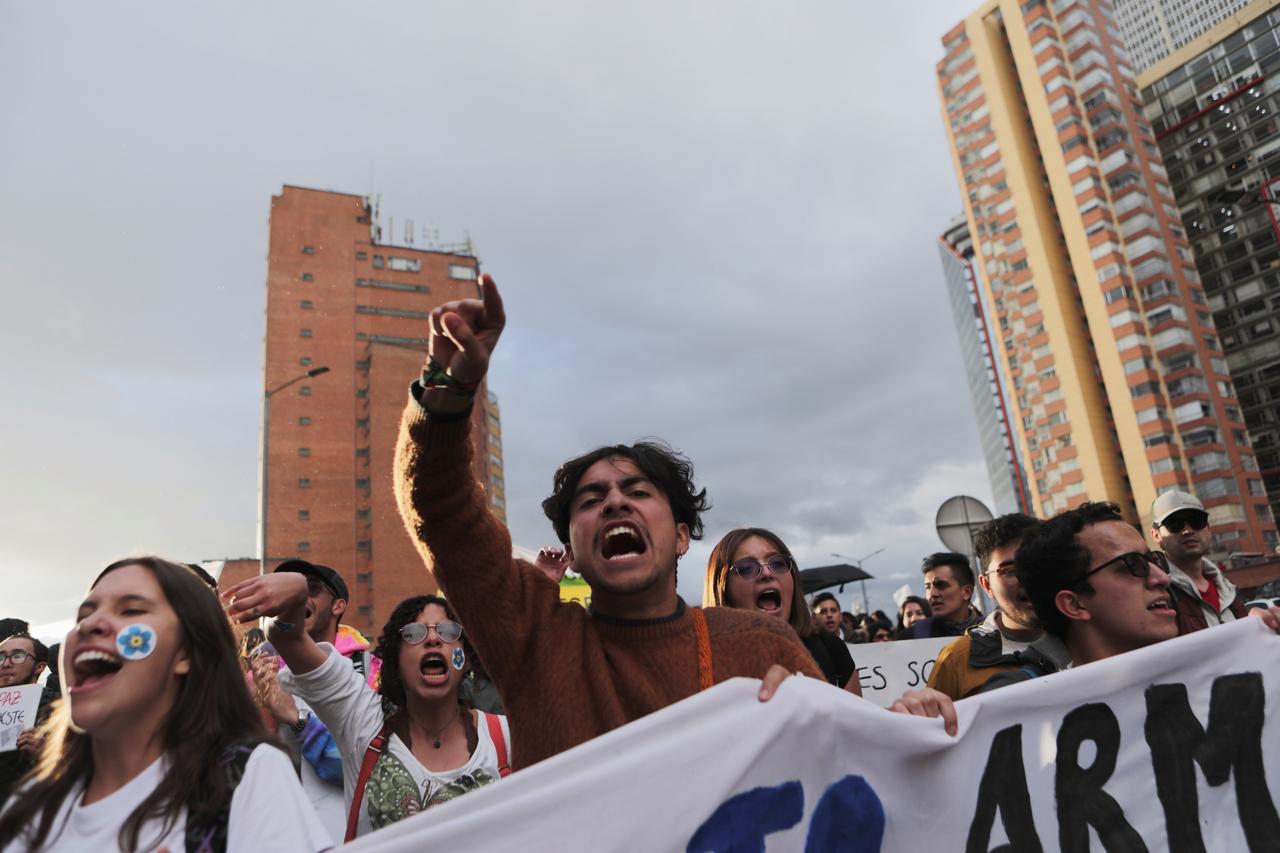RIO DE JANEIRO, BRAZIL – Frequent threats, attacks and killings targeting local activists across Colombia highlight the government’s inability to protect human rights defenders, advocacy group Amnesty International said on Thursday, Octrober 8th.

Violence against rights defenders and activists – locally known as social leaders – will continue until the government effectively addresses structural issues such as deep inequality and substitution of illicit crops, said Erika Guevara-Rosas, Amnesty’s Americas director in a statement.
“A narrative has been built, especially internationally, that Colombia is now in the post-conflict process,” Guevara-Rosas said in a virtual press conference. “In reality we see that Colombia’s armed conflict unfortunately continues to be a daily reality for millions of people.”
Dozens of social leaders and activists – numbers vary widely – face threats or are killed each year. The government has said violence will not be stopped by military and police presence alone but by establishing the rule of law. On Wednesday President Ivan Duque reiterated plans to invest more than $2 billion in regions affected by violence.
The government accuses left-wing guerrillas from the National Liberation Army, ex-members of the Revolutionary Armed Forces of Colombia (FARC) who reject a 2016 peace deal, and criminal groups – some comprising former right-wing paramilitaries – of attacking activists.
Such groups battle over areas strategic for drug trafficking or illegal mining. Social leaders face attacks for opposing planting of coca, the chief ingredient of cocaine, and illegal extraction of minerals including gold, according to security sources.
The effectiveness of protection measures implemented by the government following the 2016 peace deal with the demobilized FARC has been limited, Amnesty said. Furthermore, the coronavirus pandemic has ramped up the dangers facing human rights defenders, the report found.
During the pandemic, authorities reduced protection for a number of human rights defenders and allowed activities endangering them – including exploitation of natural resources and tearing up of illicit crops that can cause retaliation by armed groups – to go ahead, Amnesty said.

